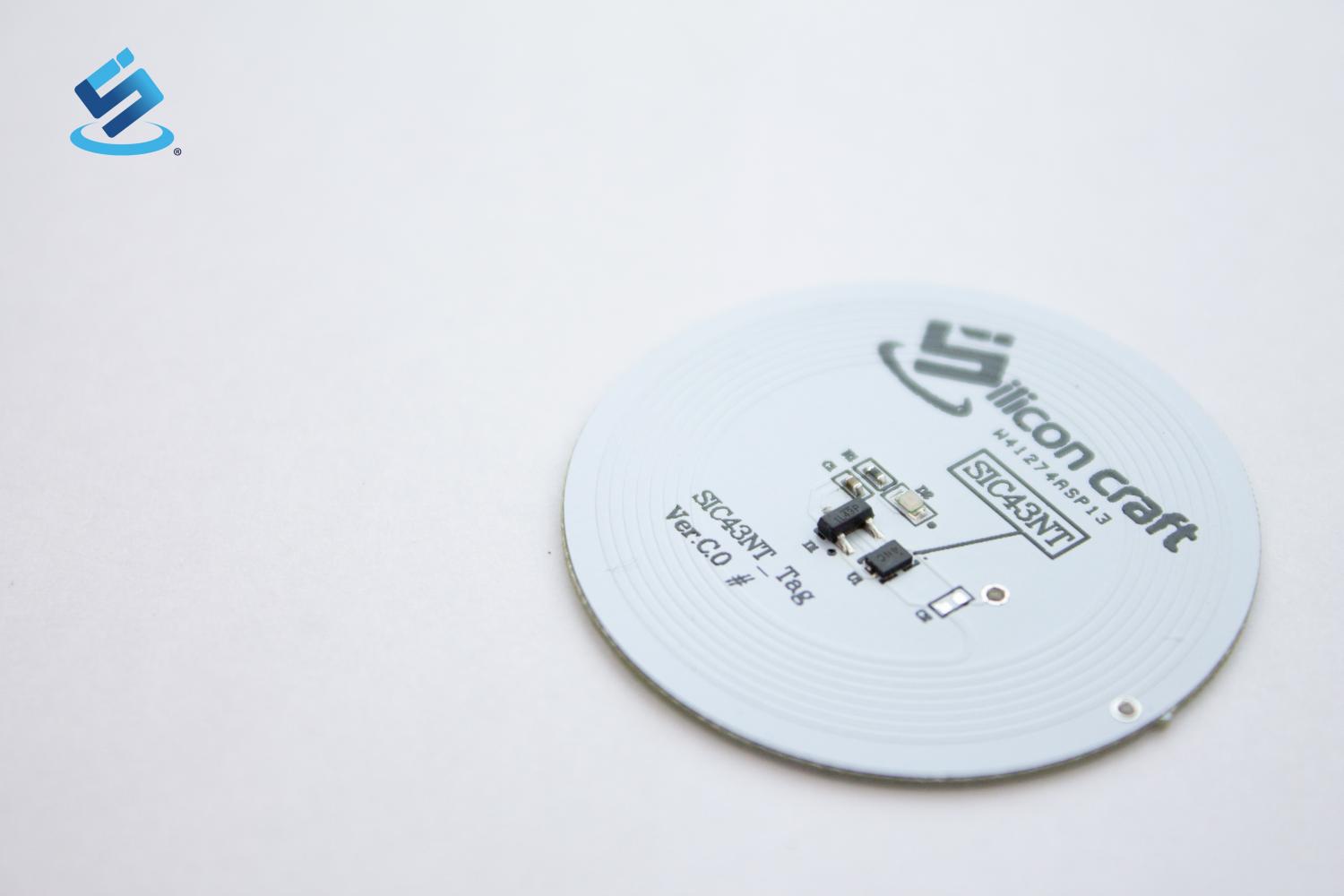MAI-listed Silicon Craft Technology Plc (SICT), a radio frequency identification (RFID) microchip R&D firm, is in the process of studying and researching the first Covid-19 infection testing machine in Asean.

Mr Manop says the company aims to double sales volume over the next four years.
The company is coordinating with state organisations and international labs on project research.
The device that SICT is developing will be a digital platform that is connected to a smartphone via the internet. A positive or negative result will be sent to the user's smartphone after a test, according to Manop Dhamsirianunt, chief executive of SICT.
The current procedure is to go to a hospital or testing centre for Covid-19 diagnosis to be analysed on a very large machine. This can take a day to provide results.
With the planned device, Covid-19 testing could be done anywhere. The tool could also detect common and serious infections and diseases. The machine is still in the study phase, but there is a possibility of success, Mr Manop said.
The test will examine secretions from the user on an examining sheet and send the readings to the user's smartphone.
The format for reading results through a digital platform is not new to SICT, as the company has been producing long-distance monitoring tools.
For instance, monitoring the quality of water can be done despite travelling a long distance. This is done by dripping water on an examination sheet and reading water cleanliness through mobile phones.
NEW FRONTIERS
The company is also interested in digital healthcare business that uses tools to monitor health through mobile screens, such as checking cholesterol or other kinds of health risks.
"Mobile platforms are so powerful and will have significant growth over the next 5-10 years, similar to how people talked about the Internet of Things 10 years ago," Mr Manop said. "Mobile is what everyone is already using, so the tool we will use is called NFC or near field communication, which will be used more by mobile phones in the future."

An NFC tag for anti-counterfeiting solutions.
SICT has 60 researchers from different disciplines at local universities working in its lab to produce new products and services.
"They are also determined and enjoy the work we are doing, so it would be great if we could come up with a successful product," Mr Manop said.
SICT has been in operation for 17 years. Founded by Mr Manop and five friends to develop microchips as a fabless manufacturing company under the SIC trademark, the company's products are divided into three main groups: microchips for immobilisers, microchips for animal tags and microchips for access control and interrogators.
Each segment saw growth this year despite the pandemic and the global economic downturn.
FOUR-YEAR GOAL
SICT was listed on the Market for Alternative Investment on July 30 and received plenty of interest, reflected in its share price hitting the +200% ceiling on the first trading day.
The share price continued rising for four straight days before dipping the fifth day. In essence, SICT's share price rose by almost 420% from the IPO price, which was set at 1.38 baht; the market price peaked at 7.15 baht on the fifth day.
The current share price is 3.98 baht.
SICT, driven by a goal of growing into the world's largest animal tag microchip maker, is planning to use funds raised from the IPO to diversify its microchip business and R&D activities from the core technologies of microchips for car immobilisers, RFID, animal tags and access control systems.
"The company aims to double sales volume over the next four years, so we project to grow by 20% each year," Mr Manop said. "The projection excludes new projects that are still in the research phase."
For the past three years, SICT garnered more than 300 million baht in revenue a year. Of the amount, 25-38% is from microchips and immobilisers, 33-42% from animal tags and 27-32% from access control systems and interrogators.
In the first quarter of 2020, SICT generated revenue of 95.2 million baht, up 30.7% year-on-year from the 72.9 million baht logged in last year's corresponding period.
Net profit during the past three years stood at 38.7 million, 51.7 million and 24.5 million baht, sequentially.
SICT's first-quarter net profit was 15.6 million baht, surging 552% year-on-year. A substantial increase in revenue and net profit in the first quarter came from growing demand for animal identification tags.
"SICT will continue to expand its microchip business and set a goal to become No.1 in the RFID animal tag industry worldwide in the next four years," Mr Manop said. "The RFID market is valued at US$10 billion and is expected to grow to $18 billion by 2026."